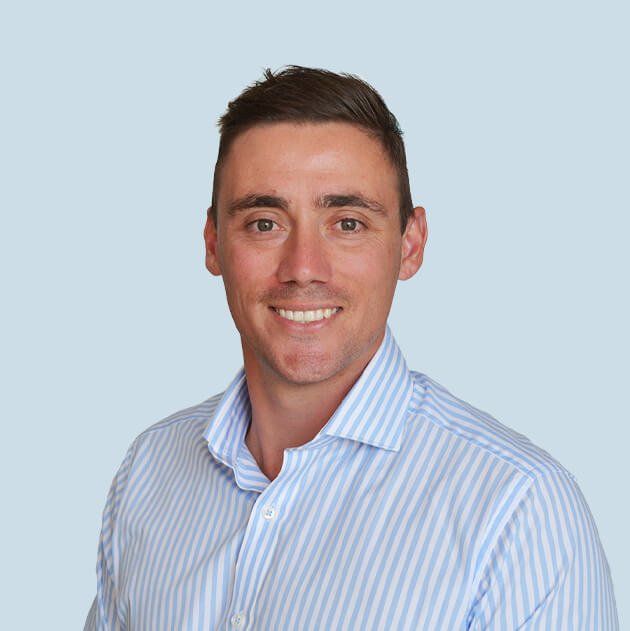Debt recycling: how to unlock equity
The recent decade-or-so-long boom in the residential property market in Australia has resulted in more untapped home equity than this country has ever had. The question is: how can we take advantage of it?
Let’s start with understanding exactly what equity is. In its simplest form, home equity is the value of your home, less any associated debt. If your home is worth $1 million, and you owe $400,000 to the bank, your equity is $600,000. The issue with equity is that unless you tap into it and use it wisely, it is almost worthless. In fact, your home can easily be argued as being a liability, rather than an asset.
This is where debt recycling can provide you with a fantastic opportunity. Debt recycling is a strategy that converts “bad debt” into “good debt”. What we mean by “bad” and “good” debt is that bad debt is non-tax deductible, whereas good debt is. You cannot claim the interest you pay on your mortgage as a tax deduction, however, you can claim the interest paid on an investment loan. There are 3 key benefits this strategy provides: you pay off your bad debt quicker than you otherwise would, you can reduce your overall tax as the strategy is highly tax-effective, and you can build your wealth sooner, reducing the risk of opportunity cost.
Let’s look at an example using figures mentioned above. Bill’s home is worth $1 million, and he owes $400,000 against it. Subject to bank servicing requirements, Bill could potentially borrow up to 80% of the properties value, or $800,000. His current loan is $400,000; therefore, Bill potentially has access to $400,000 of equity in his home that he can use to invest. Bill decides to borrow a further $200,000 against his home and invests this in a diversified portfolio of shares and ETF’s. Instantly the interest charged on the $200,000 investment loan is tax-deductible, which makes it good debt.
To get the “recycling” part of the strategy working, Bill continues to focus on paying his mortgage with his own money, and also directs the income produced from the share portfolio to his mortgage as well. This sees the mortgage reduce quickly down to $200,000, at which point Bill draws another $100,000 of equity and invests this into the share portfolio, increasing his investment loan to $300,000. As the amount of shares Bill owns has increased, so to should the income they generate, which accelerates Bill’s mortgage repayment further still. Bill continues this process until his mortgage is reduced to $0, and the investment loan has reached $400,000. Assuming the share portfolio has grown in value, Bill has been able to use purely borrowed funds to build his wealth.
The above has firstly allowed Bill to pay off his bad debt quickly, reduce his tax per year due to the investment loan and franking credits, and has allowed Bill to build his portfolio earlier in his life, rather than waiting until he has paid his mortgage off and then begun investing.
If the above strategy sounds appealing to you please reach out to one of the friendly Mulcahy & Co Financial Planner’s today for a complimentary discussion.
Episode 46
Debt recycling: how to unlock equity. Danny Archer (Financial Planner) and Warren Freeman (Home Loan Broker) talk with host Gavin Nash about this interesting topic and how it can allow you to achieve your financial goals faster - like owning your own home.
Available on Google and Apple Podcasts, Spotify and also our website along with an accompanying article to help explain the details.
Latest News








